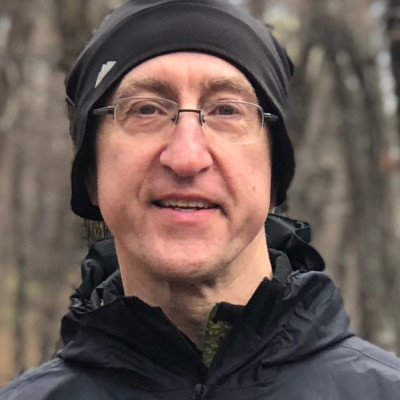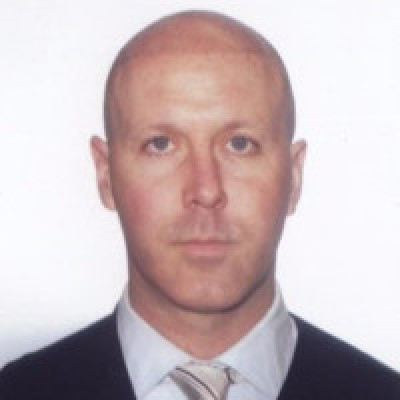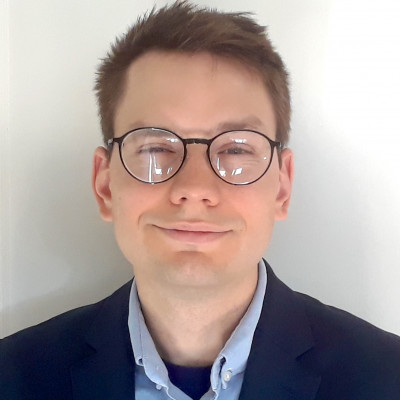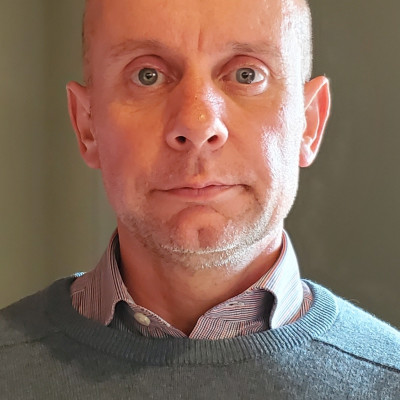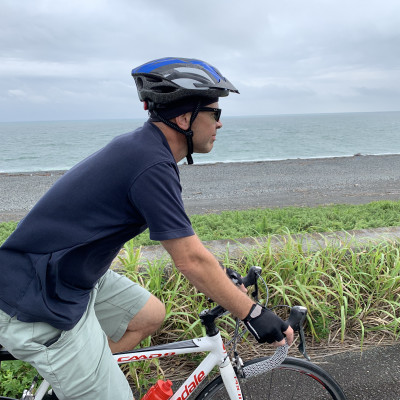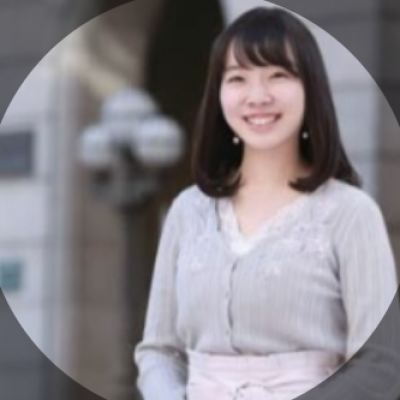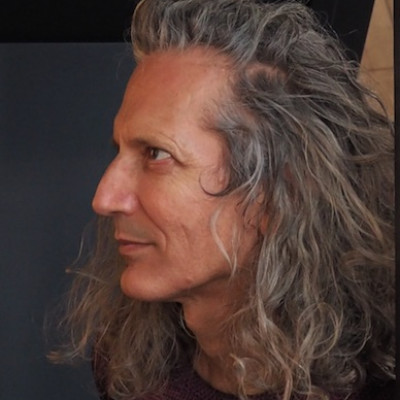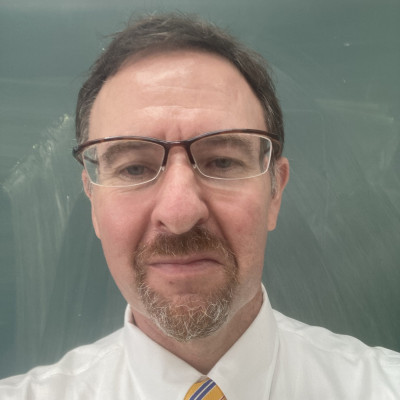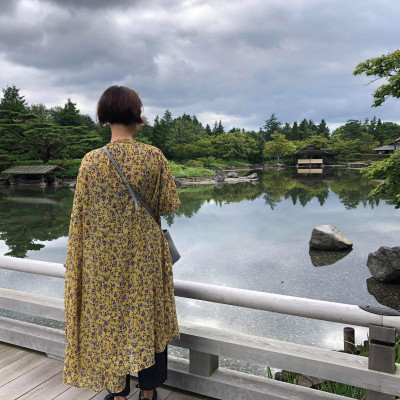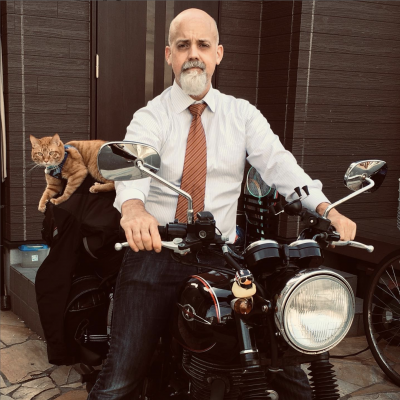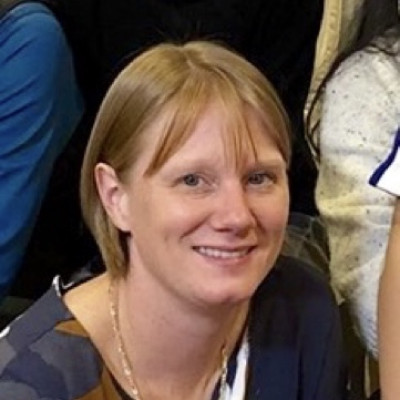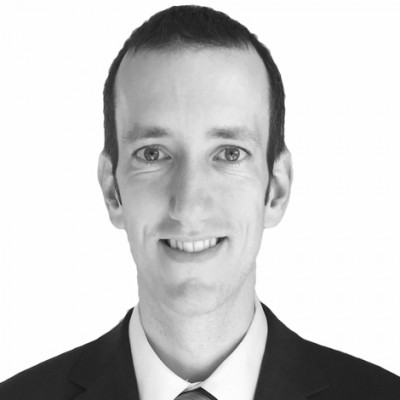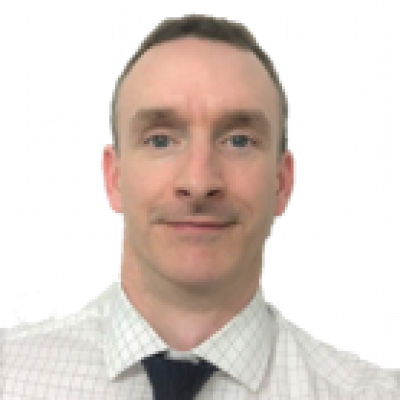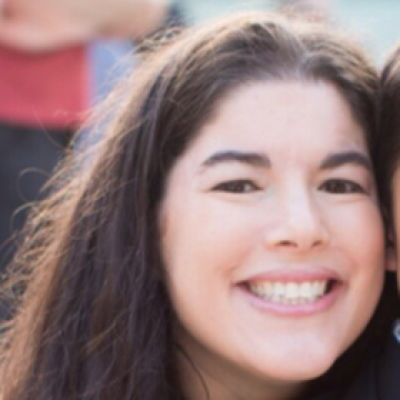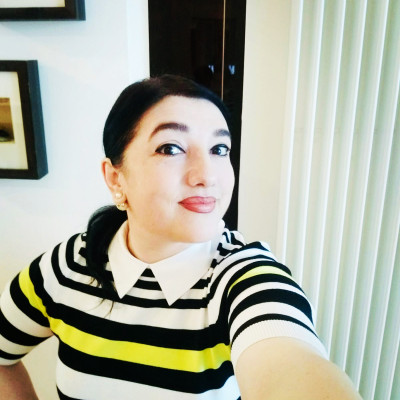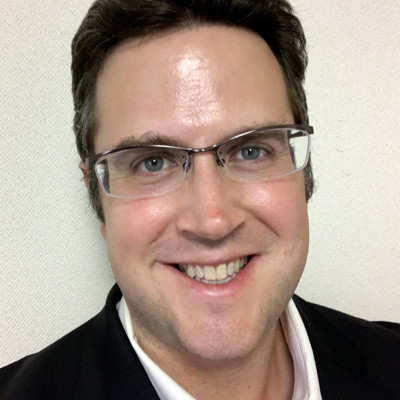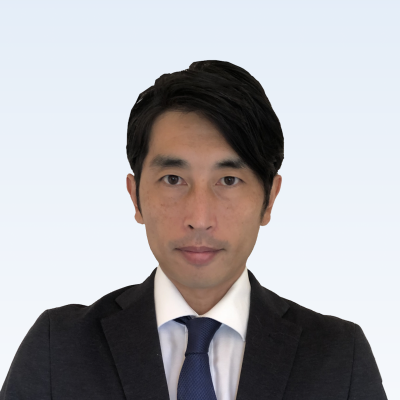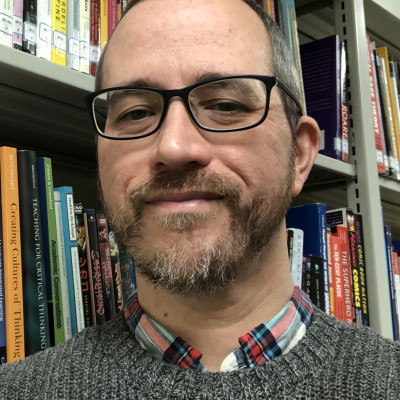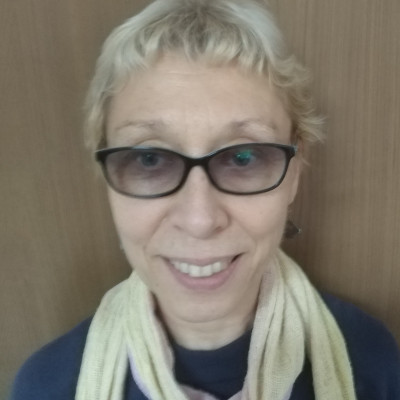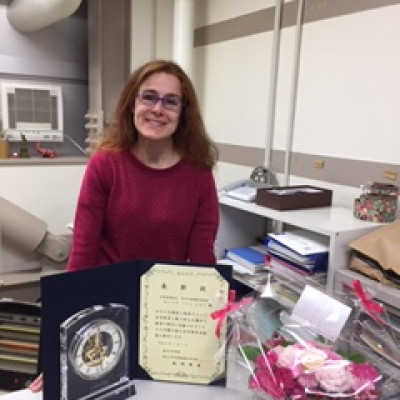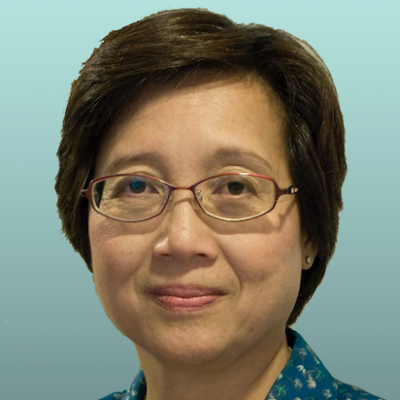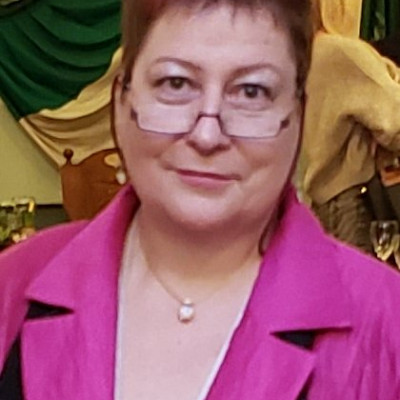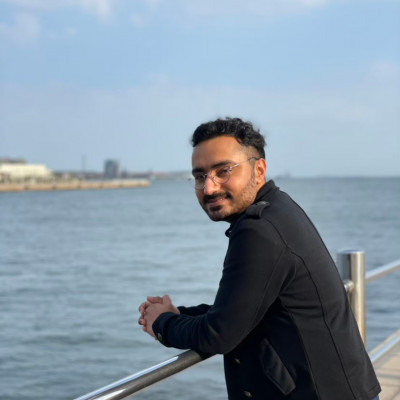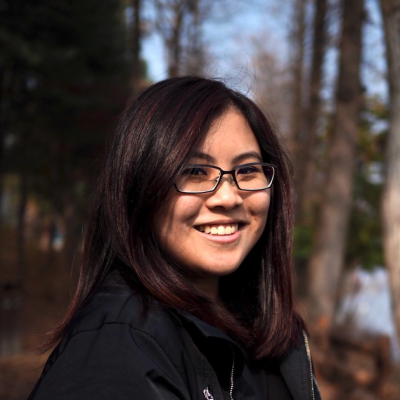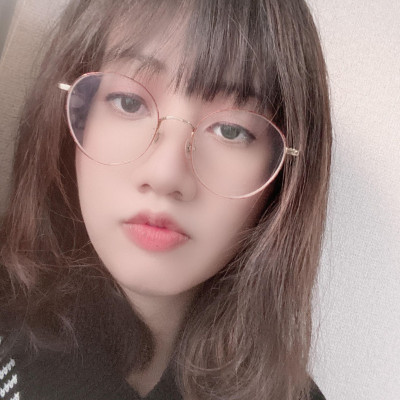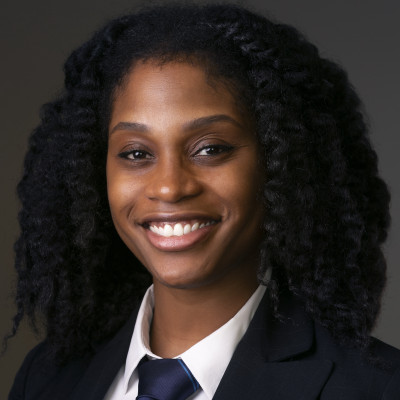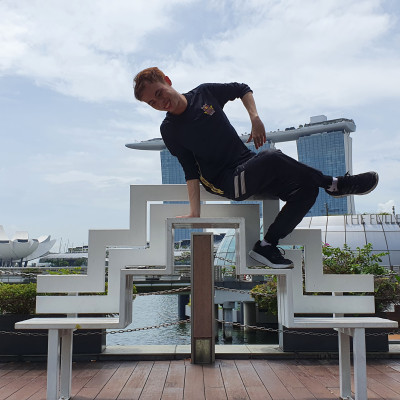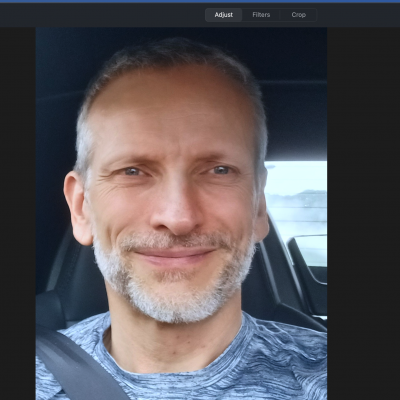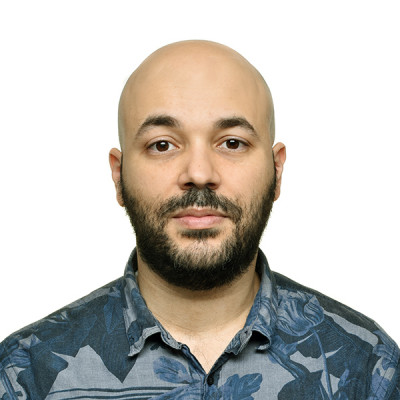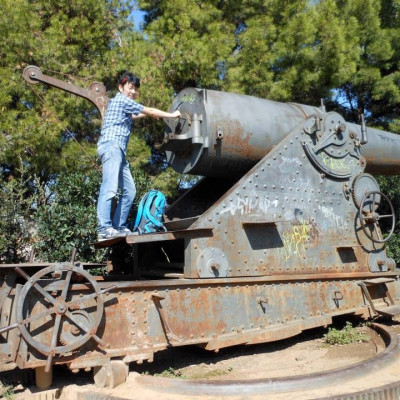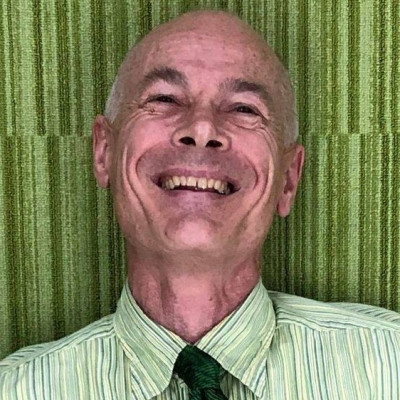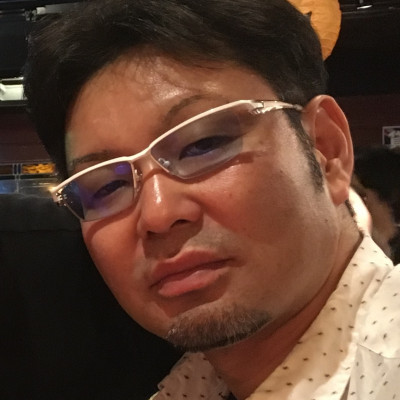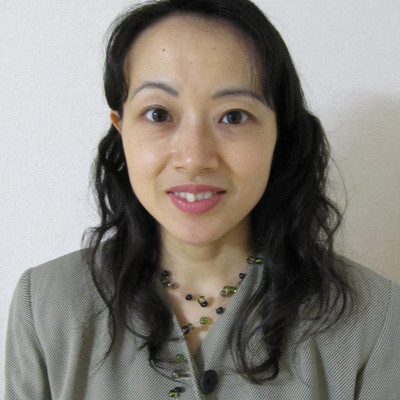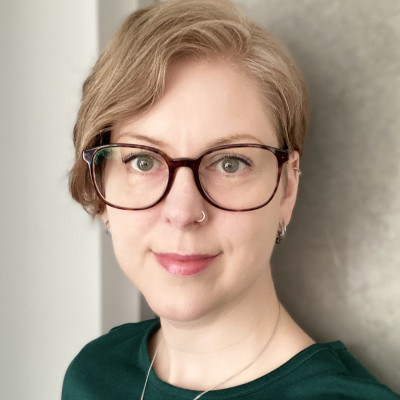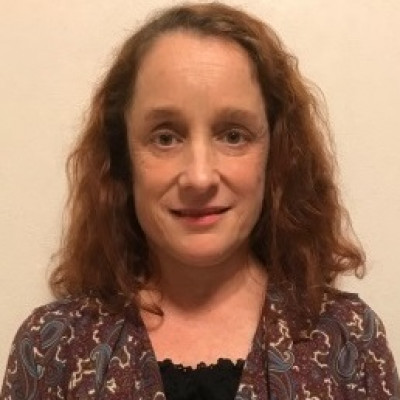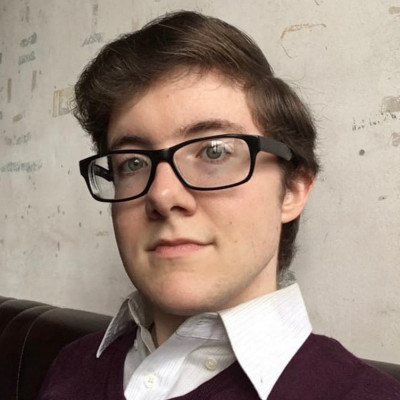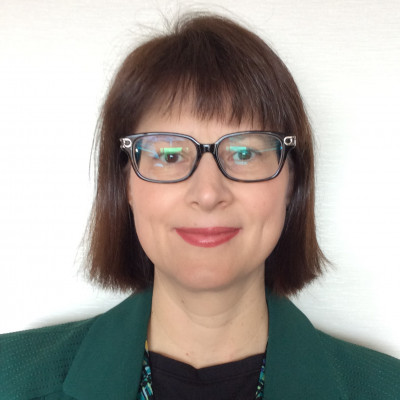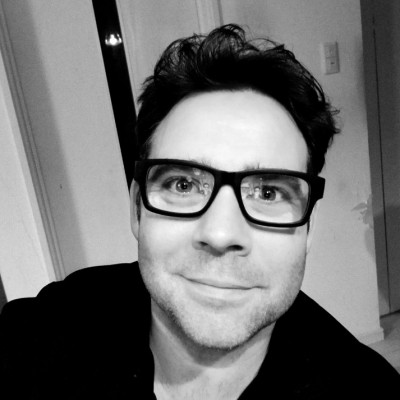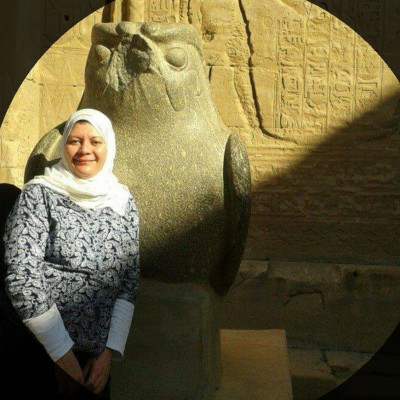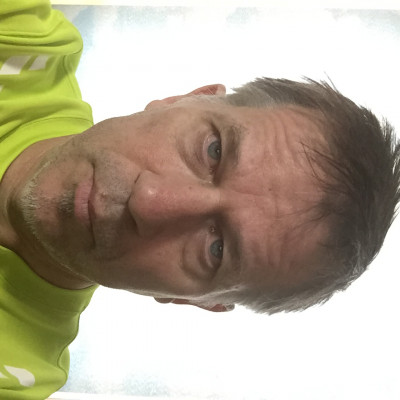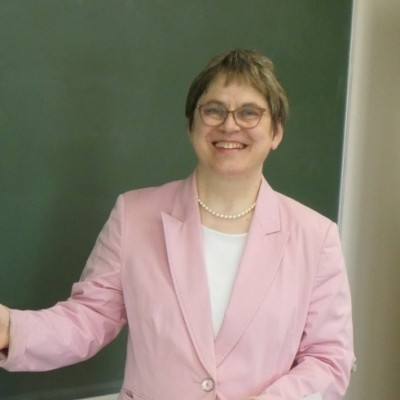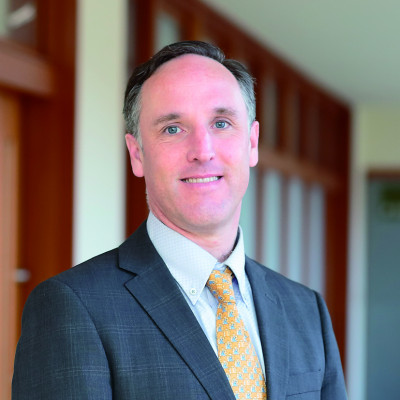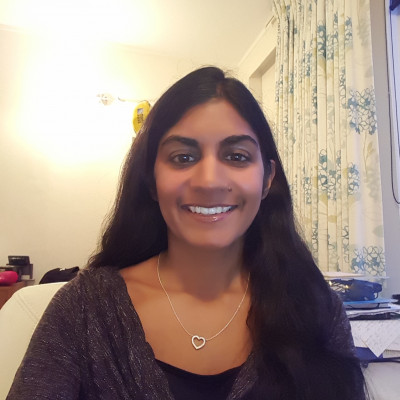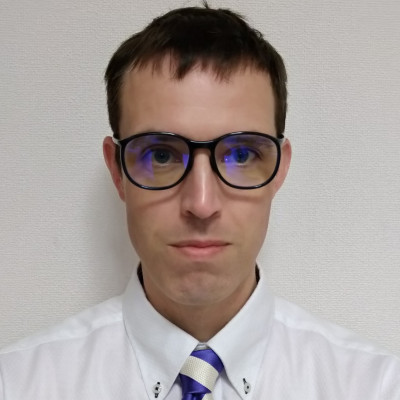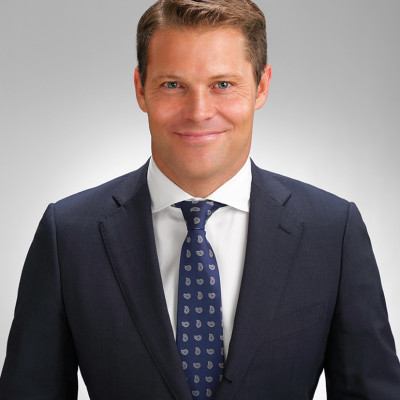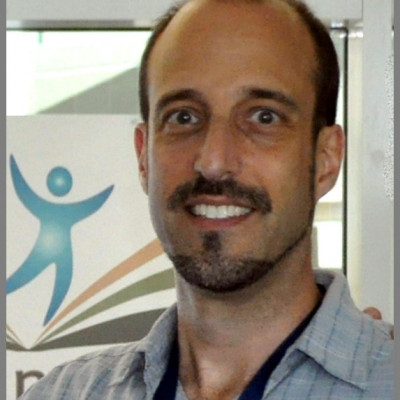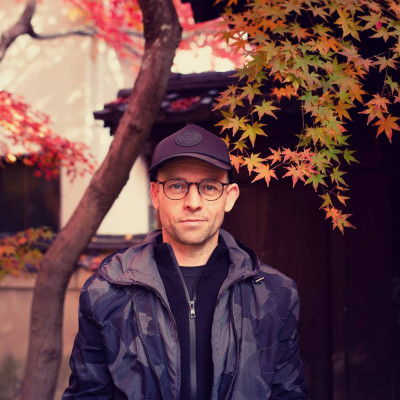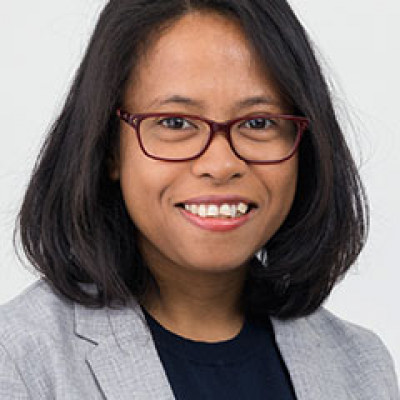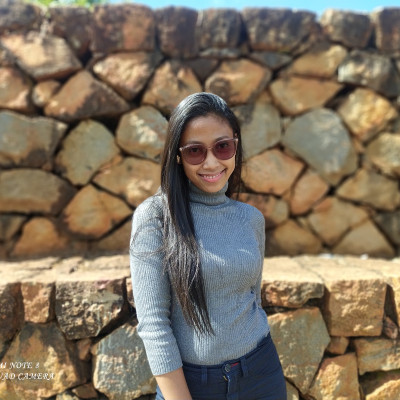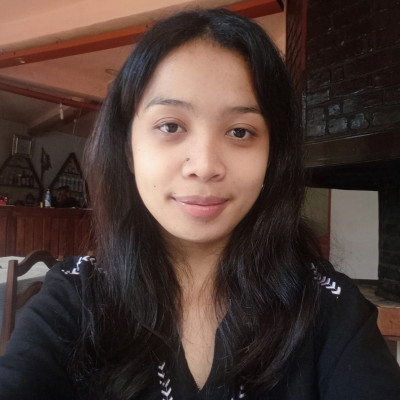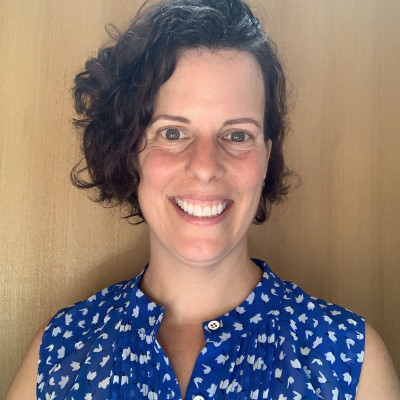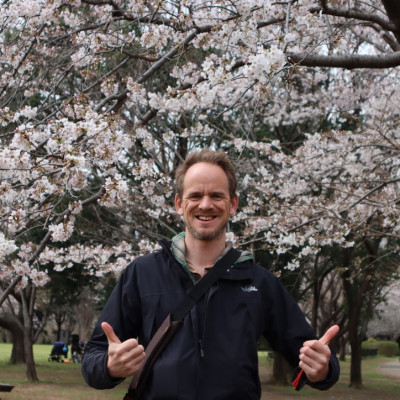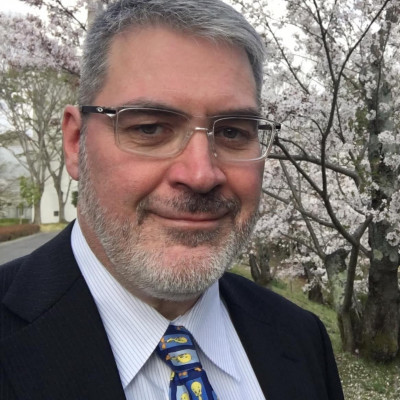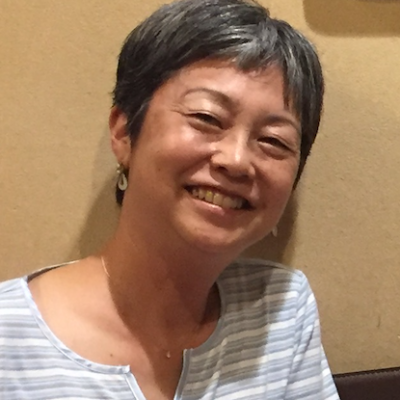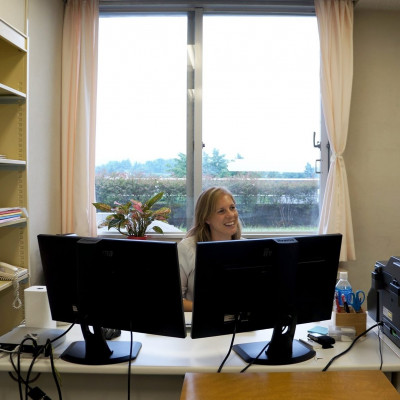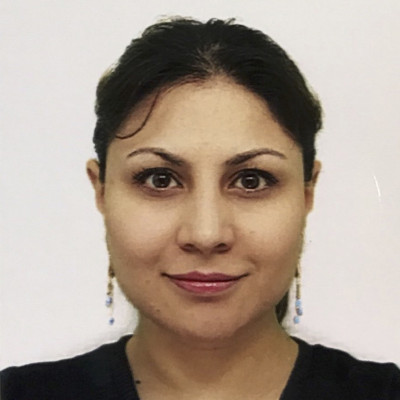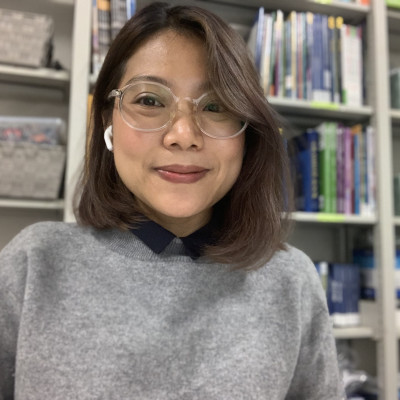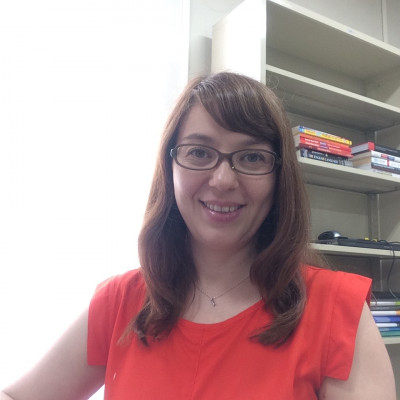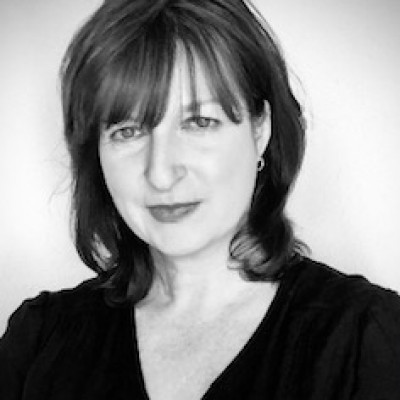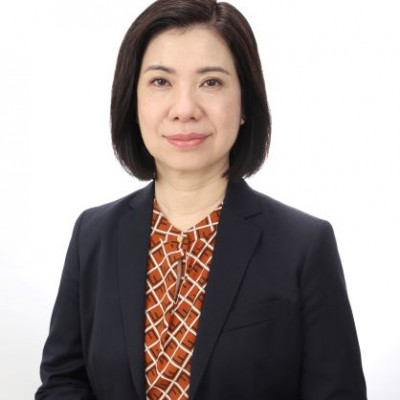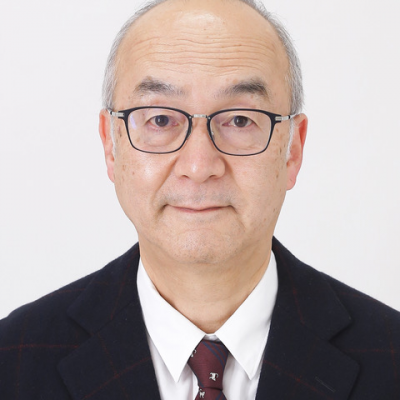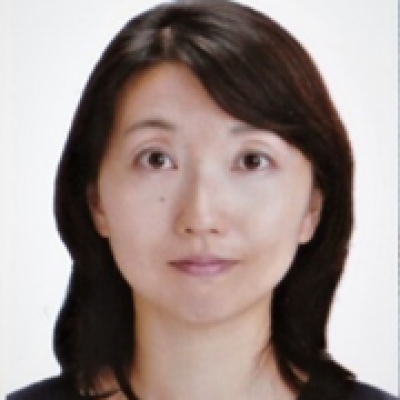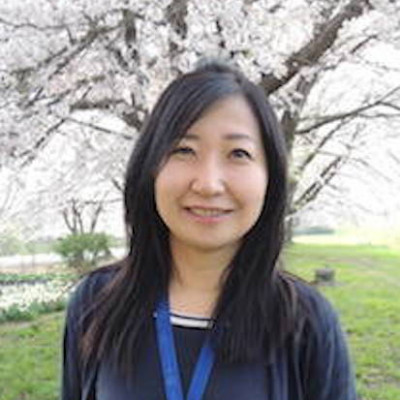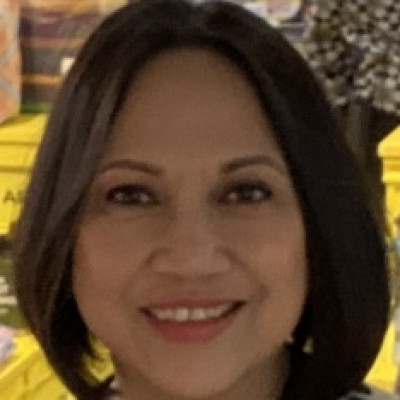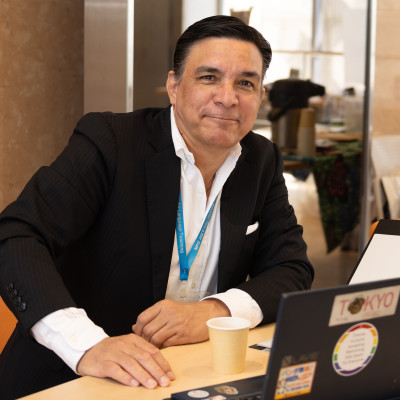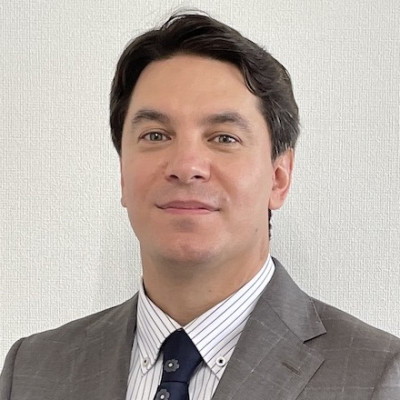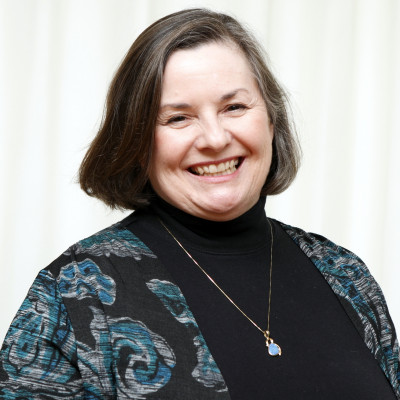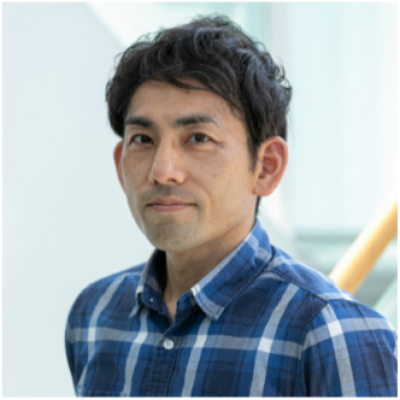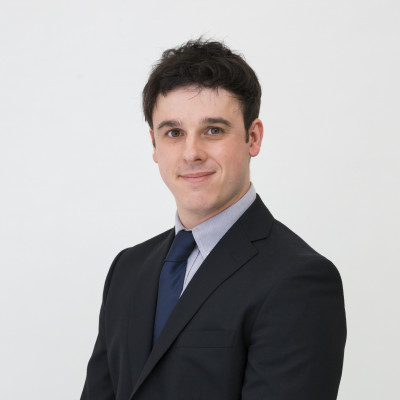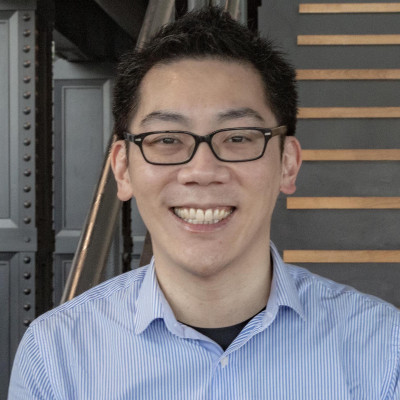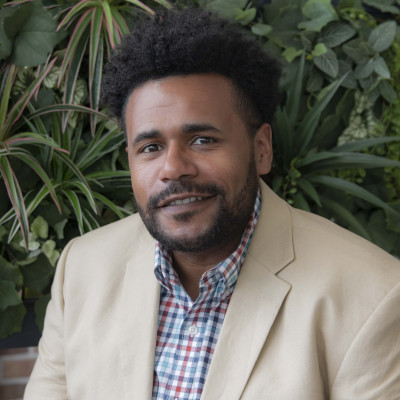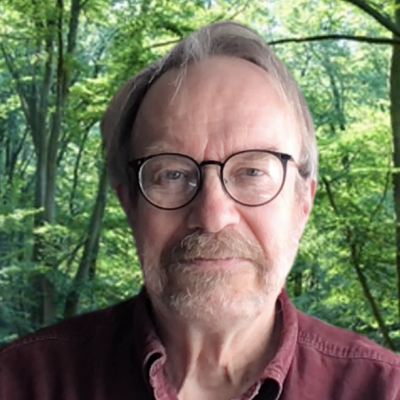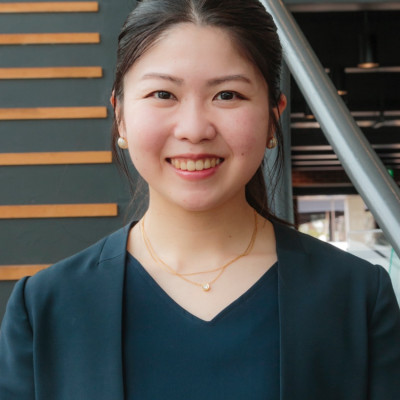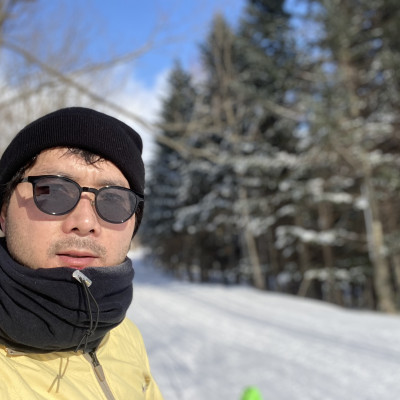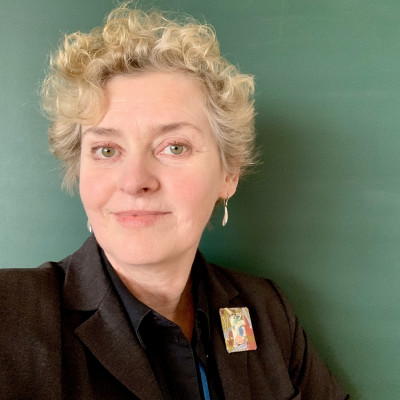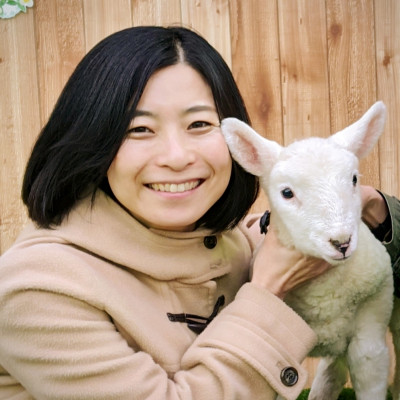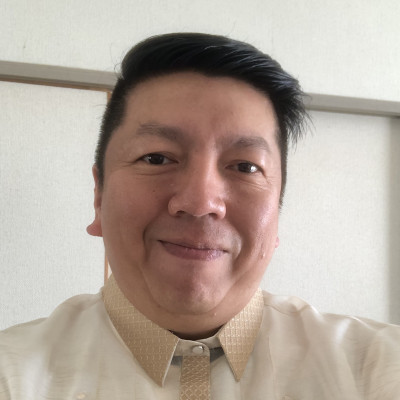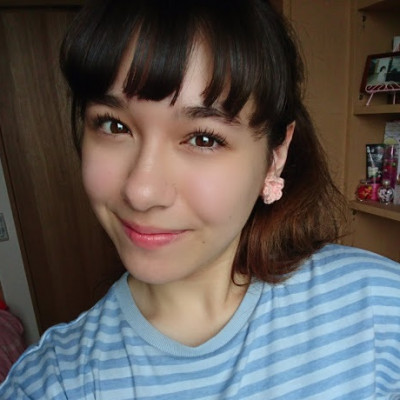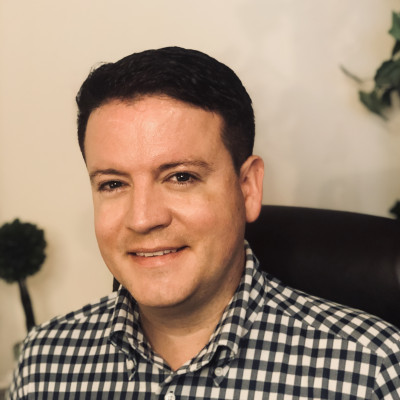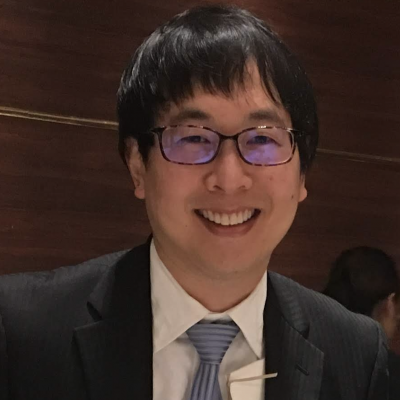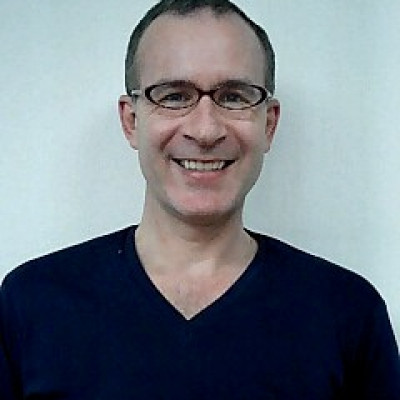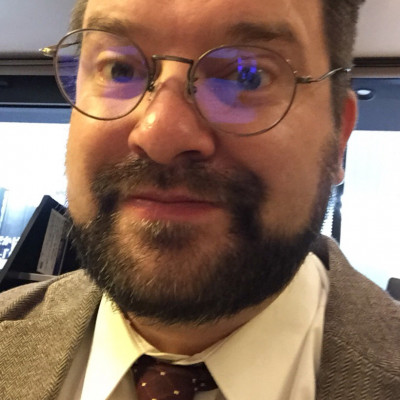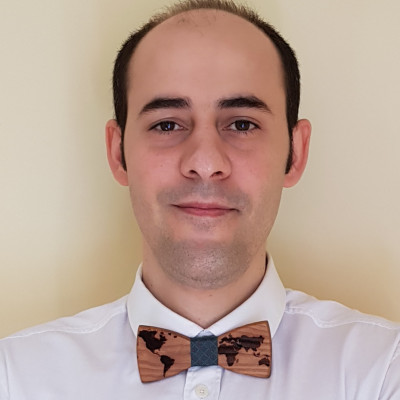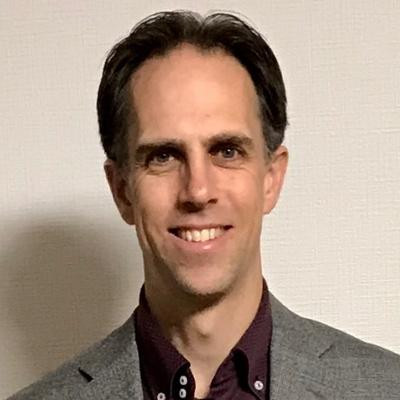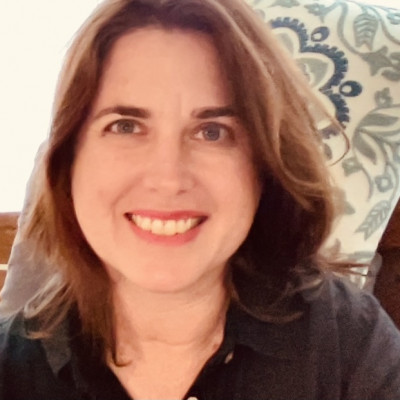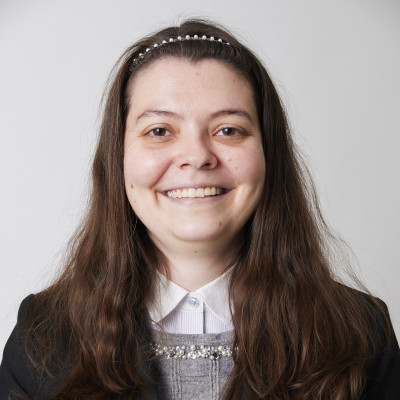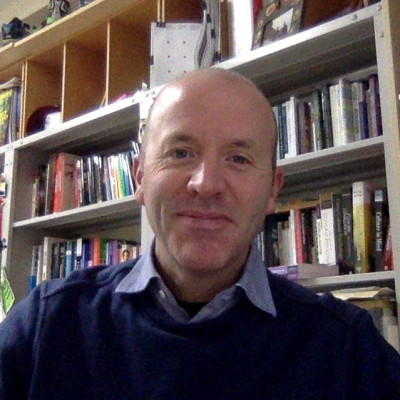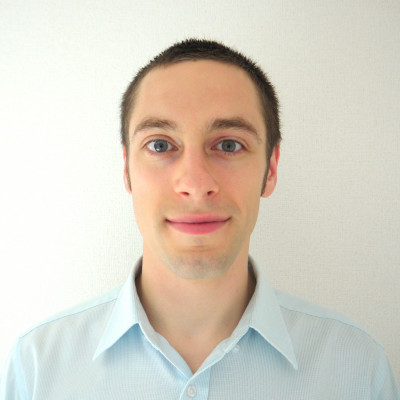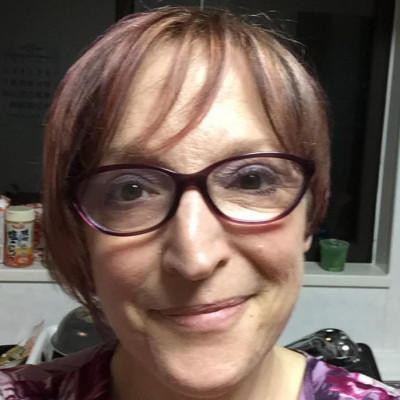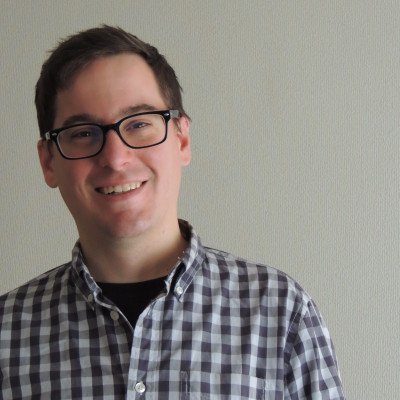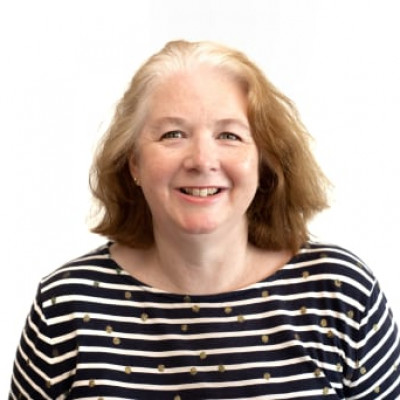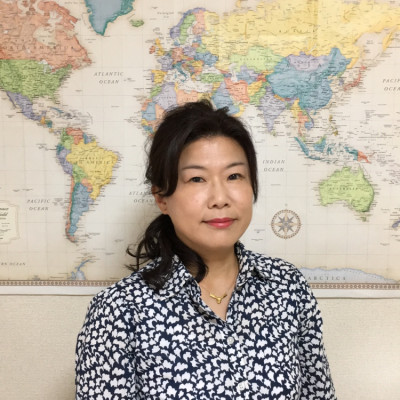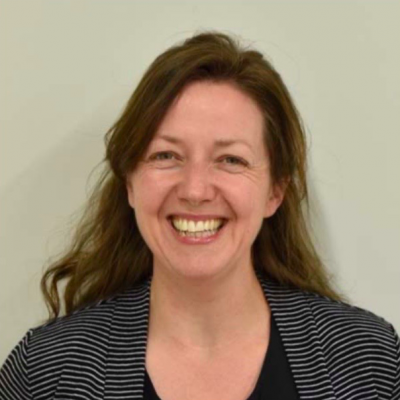Sessions / Unvetted SIG Forum
85 Minutes For more information about SIGs, please visit this page: https://jalt.org/main/groups
(Re) Imagining literature in language education #2653
The goal of content-based instruction (CBI) is to teach the subject—not the language—with the goal of providing genuine topics that interest and motivate the student beyond what many sterile language textbooks achieve. Literature is a creative product aimed at stimulating interest, so as a CBI subject it perhaps has the greatest potential to engage EFL students. Literature ranges from six-word memoirs, to comic books, to lengthy novels: it's creativity knows no bounds. As literature is a creative product, so too are the methods for using literature in language education. This forum mimics the theme of the conference : (Re) Imagining Language Education. How do you use literature to engage your students?
In this LiLT forum, we would like to address this topic. Presenters will share their experiences in how they use literature in their classroom.
Integral to the forum's success is audience participation; questions and insights will be solicited and greatly appreciated. Non-members and LiLT members alike are encouraged to attend and enrich our friendly and inclusive forum.
From Burnout to Burning Rubber #2657
The pandemic introduced numerous challenges to our personal and professional lives as teachers. We may have felt an adrenaline rush in the early days as we had to rally all our personal and collective resources in transitioning to online teaching. But, as the pandemic dragged on, many of us felt the fatigue of having to pivot from F2F to hybrid to fully online teaching at the drop of a dime. The extra energy needed to help students cope with learning through different modes also drained our internal resources. This forum will focus on the strategies that teachers at various levels of education—from K12 to university and language schools and beyond—have replenished their stores of energy and enthusiasm.
How to Create an Online Textbook or Workbook #2656
Though there are countless online resources such as Google Forms, Quizlet and Flipgrid, none of these are a viable commercial means for creating online textbooks or workbooks. Moreover, though materials writers may be adept at writing books, very few of them have the coding skills to turn their vision into an online reality.
The Materials Writers SIG is delighted to have Paul Raine from the digital platform ZenGengo, Elton LaClare from Sojo University, and John Carle from The English Gym series, speak about creating digital materials.
In this presentation, Paul Raine will talk about how individual writers and publishing companies can use a publisher’s version of the ZenGengo platform to create marketable online materials. Elton LaClare will relate the process of creating an online textbook for the Sojo International Learning Center at Sojo University. John Carle will outline how he created digital workbooks to supplement his textbooks.
The speakers will also address in detail, how to bring these online resources to market. They will explain how students can purchase materials directly online or through university bookstores using scratch cards.
This forum is meant for any educator, writer, or publisher who is interested in creating their own online textbooks or workbooks. There will be an open Q&A session at the end, so please be sure to attend if you are interested in this aspect of materials creation.
Bilingualism SIG Forum #2691
The PanSIG conference has always been a chance for special interest groups to come together to focus more intently on their individual needs and goals. Throughout the past two years, participants at our PanSIG forum have shared their experiences about coping with the pandemic, as well as changes and shifts in their bi/multilingual and bi/multicultural stories. This year, as we are finally back together face-to-face, we’d like to invite as many families and interested people as possible, of all ages and backgrounds, to participate in a casual round-table discussion. We’ll provide a brief explanation of the round-table process, topics cards to prompt discussion, and a “talking stone” to facilitate turn-taking. We look forward to sharing stories about how our language learning journeys have been reimagined, as well as any new directions we have been heading. Please join us!
Critical Thinking SIG Forum #2650
This year's PanSIG CT SIG Forum will focus on critical thinking and concrete ideas you can take back to your classroom to integrate critical thinking into your curriculum. We will be hosting multiple presentations on this subject and hope that you can join us for an information-filled forum with critical thinking ideas for you and some lively discussion.
International Online Exchange in Times of Covid #2658
Presenters will give examples of international online exchange using on-time and off-time methods. College or university students who study or learn a foreign language other than English, mainly on level A1-A2. The presentations will show what methods are used to keep students interested, curious and eager to interact and learn the language with their online partners in other countries. The presentations will be given in the original language while information in English or Japanese will be given either on the slides or in a verbal summary.
Performance in Education SIG Forum #2693
Performance in Education refers to the use of activities such as roleplays, skits, process drama, readers theatre, speech, debate, oral presentations, dance, music, spoken word, rap, kamishibai, film, and podcasting in education. The Performance in Education SIG focuses on the use of these activities by teachers and students inside and outside of the classroom. The SIG Forum will feature lightning presentations (10-minute presentations) by a diverse lineup of presenters who will share their ideas and experience on the various facets of Performance in Education.
Pragmatics: What we’ve done—What we will do #2862
In this Forum, three Pragmatics SIG members will take turns sharing how and why they became interested in the field and what specific areas they have worked on. They will then use their creative imagination to brainstorm where they hope the field of pragmatics—and in particular, our SIG--will go in the future. The panelists include Jim Ronald, who will speak about his constant efforts to develop and promote pragmatic activities for the second language classroom. Next, Yosuke Ogawa will talk about using an interdisciplinary approach and the synthesis of approaches, i.e., an examination of conversation analysis, discourse analysis and sociolinguistic research. Then, Benio Suzuki will share his practical work on requests and refusals, and his research on interactional competence. Noriko Ishihara, another expert and a well-known professor of pragmatics, will guide the overall discussion. The main goal is to share with the audience the wide range of topics where pragmatics is relevant and engage everyone in a discussion about future pragmatic directions.
GALE SIG Forum #2648
This is the Forum of the gender awareness in language education (GALE) SIG. GALE’s mission is to research gender and its implications for language learning, teaching, and training; to improve pedagogical practices, develop language teaching material; to raise awareness of workplace and human rights issues related to gender for language professionals; and to increase networking opportunities among language professionals interested in teaching, researching, and/or discussing issues related to gender and language education. Forum speakers represent a wide range of research and perspectives on gender awareness in language education within the SIG and the organization of JALT as a whole. Presenters will engage in discussion of the importance of gender issues within the language teaching profession.
EFL Games with CALL #2654
The CALL SIG Forum this year will be discussing the topics of games, play, and language learning with technology. Speakers in the forum will include: Brian Teaman, Hanaa Khamis, and Brian Gallagher All conference participants are welcome to join the forum and engage with the speakers.
This forum will be closely linked to the JALTCALL 2022 Conference theme of Gameplay and Technology in Langauge Learning. JALTCALL 2022: PLAYFUL CALL Exploring the Intersection of Games and Technology in Language Education Taking inspiration from Zimmerman’s manifesto which proposed the 21st century is the “ludic century,” the focus of the 2022 conference is “Playful CALL” which we interpret as the exploration of play, games, and other ludic approaches to CALL research and practice. https://jaltcall2022.edzil.la/
Using the CEFR-focused Action Research Model - Reflections on two years of research #2655
The JALT CEFR & LP SIG is supporting teacher-researchers through a collaborative Kaken research project entitled “Language Education reform using action research: Putting CEFR’s educational principles into practice” since 2020. During the Forum, project participants will reflect on their research projects they conducted so far using the CEFR-focused Action Research Model (CARM) developed by the SIG. The SIG Forum will be an opportunity to discuss examples from researchers’ intermediate outcomes in relation to the CARM model (= AR / CEFR aspects) as good model case studies. Forum participants are encouraged to engage and reflect on their current practice and consider how the CEFR and CARM might be utilized in their own contexts. The Forum will conclude with a discussion of the strengths and weaknesses of the CARM model and the goals for the final year of the KAKEN project. The Forum is open to everyone interested in intending to conduct research in the field of foreign language teaching and learning especially using Action Research and/or the CEFR – CEFR CV as a tool. The Forum intends to foster sharing and peer-learning.
Listening SIG Showcase 2022 #2661
The Listening SIG showcase will be divided into two parts. The first part will include a lively discussion on listening: Extensive Listening (EL) “vs” Extensive Reading (ER). Brett Milliner and Paul Goldberg will lead the discussion to share their own experiences, stories, and accounts of recent developments in the field of second language listening. The discussion will then open as a forum to invite contributions from attendees to discuss their own experiences and seek ideas to address listening difficulties when teaching. The second part will consist of a listening workshop. Todd Beuckens will present an interactive workshop to show how some free online tools can be used to make listening tasks. There will also be an opportunity to ask about resources and task ideas in the Q&A session. We will end with a brief presentation to outline our recent communication, events, and publication initiatives. There will also be an opportunity for members and potential members to give feedback and share ideas on what they would like to see from the Listening SIG.
Challenging Conventions: Opening up New Spaces in Learner Development (FACE TO FACE) #3108
This forum will examine how new learning spaces can help learners grow beyond conventional education environments. Presenters will explore holistic and ecological perspectives on learners’ growth, taking into account multiple aspects of their experiences, their interactions with others, and different affordances in diverse learning environments and spaces. The forum will include both studies that shed new light on the impact of sociocultural and psychological factors on the development of learner autonomy, as well as practice-related accounts that explore learners’ practices in a range of learning spaces outside of conventional classroom settings. In the forum participants will have opportunities in pairs and small groups to discuss and reflect on different non-conventional environments, spaces, and processes that learners can access and/or use. The combination of these theoretical and practice-based perspectives will encourage us to think about learner development from fresh angles, not only under the current and post-pandemic situation, but also beyond, so that we can come away from the forum with fresh ideas for challenging conventions and opening up new spaces in learner development in our own learning, teaching, and research. Round One 11:50 to 12:20 Dominique Vola Ambinintsoa Razafindratsimba, Fanaperana Haingo Rajaonaritiana, Volatiana Olivia Rasoanindrina and Jenny Morgan Round Two 12:20 to 12:50 James Underwood, Gretchen Clark and Greg Rouault
GILE SIG Forum #2894
This forum for the Global Issues in Language Education (SIG) will present the experiences of three global educators on how how they pursued cross-border classroom connections with university's overseas during the pandemic. Mahboubeh Rakhshandehroo, Olaf Fors, and Paul Horness will describe the collaborative online learning projects they engaged in with the aim of inspiring other educators. Participants looking to build cross-border connections and utilize technology more effectively for communication will want to join this session, which will be live streamed.
TYL & ICLE SIG Forum: Intercultural understanding in Japanese schools #2645
This forum is a collaboration between the Teaching Young Learners (TYL) SIG and the Intercultural Communication in Language Education (ICLE) SIG. Its aim is to showcase how intercultural communication is approached in primary and secondary schools from a variety of perspectives. Some of our invited presenters will share their research based on descriptors from the Framework of Reference for Pluralistic Approaches to Languages and Cultures (FREPA) as to what degree intercultural communicative competence is promoted in the new elementary school English textbooks. Presenters will also discuss the difficulties of teaching aspects of an L2 that are not a common feature in the L1 sociocultural environment, engaging ways in which a teacher can introduce their own country and culture to a class, how the School Lunches Project promoted the development of an investigative stance towards plurality, and how intercultural understanding is incorporated in pre-service teacher education.
The TD & CUE SIG Forum on Communities of Practice #2647
The TD and CUE SIG will hold their annual joint forum on the topic of Communities of Practice (CoPs). Such communities can be teachers, students, company workers, or otherwise, who form in organic or natural ways. The CoP members hold a common aim or concern for the activities they do and learn how to improve as they interact regularly within the group. Some participants may be more senior in age or experience than others, thus giving way to a learning experience and successful conclusion of their efforts for everyone. The forum speakers are university and professional educators with a specific background as a member or researcher ofCoPs. James Bury will inform us about the positive outcomes achieved as a result of encouraging colleagues at two separate workplaces to interact with research, question their own teaching practices, engage in their own practice-based investigations, and then share their findings with each other. Yoshifumi Fukada will explain how Japanese EFL/ESL learners actively engaged themselves in English-mediated socialization and grew as English users and as persons in a project-based English education program held in Japan and during studying abroad. Daniel Hooper will describe the shared goals, interpersonal relationships, and local repertoire of tools that emerged from a small reflective practice group for university teachers that met regularly to discuss critical incidents they experienced in their working lives and to explore their own professional identity. Barbara Hoskins Sakamoto will talk about the potential of informal online communities to improve teachers' professional and personal lives, sharing specific examples of the meaningful impact observed with teachers in a unique English for Teachers program, and the factors that made positive changes possible.
Challenging Conventions: Opening up New Spaces in Learner Development (ONLINE SESSIONS) #2652
This forum will examine how new learning spaces can help learners grow beyond conventional education environments. Presenters will explore holistic and ecological perspectives on learners’ growth, taking into account multiple aspects of their experiences, their interactions with others, and different affordances in diverse learning environments and spaces. The forum will include both studies that shed new light on the impact of sociocultural and psychological factors on the development of learner autonomy, as well as practice-related accounts that explore learners’ practices in a range of learning spaces outside of conventional classroom settings. In the forum participants will have opportunities in pairs and small groups to discuss and reflect on different non-conventional environments, spaces, and processes that learners can access and/or use. The combination of these theoretical and practice-based perspectives will encourage us to think about learner development from fresh angles, not only under the current and post-pandemic situation, but also beyond, so that we can come away from the forum with fresh ideas for challenging conventions and opening up new spaces in learner development in our own learning, teaching, and research.
Round One 11:50 to 12:20 Phillip A. Bennett and Isra Wongsarnpigoon and Andrew Barfield
Round Two 12:20-12:50 Yuri Imamura and Michael Kuziw
Sustainable Inclusivity: Practical Solutions for Supporting Learners #2660
As the pandemic forced us to move online, learner needs became more diverse and complicated in language education. Teachers’ resources and strategies increasingly face a growing need to reflect these changes. The Act for Eliminating Discrimination against Persons with Disabilities (2016) mandated the provision of equal educational opportunities for all learners, including those with special needs. However, according to JASSO (2020), the percentage of students with special needs in higher education slightly decreased last year. This raises the following questions: Does online teaching better accommodate learners with special needs? Did the online context level the playing field and make traditional differences and difficulties invisible for teachers in? Further research is needed to fully understand these changes. In light of this, the ALL SIG forum will focus on sharing ideas and relating experiences of all participants. This forum will showcase individual stories and experiences creating needs analysis framework for the purpose of assessing contexts and sharing strategies and resources. By creating a support network, educators can work together to address the diversity of needs reflected in today’s classroom. The goal is to raise awareness of diverse learner needs and develop inclusive strategies for language teachers and school administrators.
ER SIG Forum #2646
The first part of this panel discussion is dedicated to a review of theories of fluency development, including ACT theory, Instance Theory, and Verbal Efficiency Theory, how these theories apply to extensive reading, and the potential limitations of extensive reading where reading fluency development is concerned. The second part focuses on how reading fluency improvement can be encouraged and monitored in the EFL classroom via extensive reading as well as silent and oral fluency training activities. The results of a study comparing the effects of an intensive reading approach and an extensive reading (with added fluency training) approach on various measures of reading fluency will be presented and discussed. In addition, there will be a discussion about how reading fluency can be enhanced when extensive reading is combined with timed reading, repeated oral reading, and chunking activities among L2 English Japanese university learners. The changes in their cognitive processes used for reading, oral reading fluency scores, and L2 reading self-efficacy will also be examined. Qualitative data regarding these reading activities will also be shared.
Teaching and Learning about the Brain #2651
The Brain SIG’s monthly Think Tank publication has become the focus of our efforts to learn and teach others about the brain. By drawing on the expertise of SIG members in Japan and authors around the world, we are able to address a wide range of topics related to neuroscience, psychology, and language learning. In this forum editors and authors from the MindBrainEd Think Tanks will give short, concurrent presentations related to some of the topics we have covered over the last year, then lead small group discussions to explore these topics in more depth and relate them to your teaching practices. Join us and find out how our Think Tanks help us make brain research meaningful and engaging for educators.
Barrier-free learning in Japan: Panel #2994
The panelists will talk about the lack of knowledge in creating barrier-free classes for learners with different abilities, current changes in policies in Japan, and how teachers are working with students to make their classes more inclusive. The session will begin with definitions of disabilities, issues faced by teachers who are not trained in recognizing them, and how teachers can create or modify classes to be effective for all students. Panel members will speak about helping students at all levels of education. We also hope to have enough time to answer participants' questions and help them make their own classes barrier-free.
